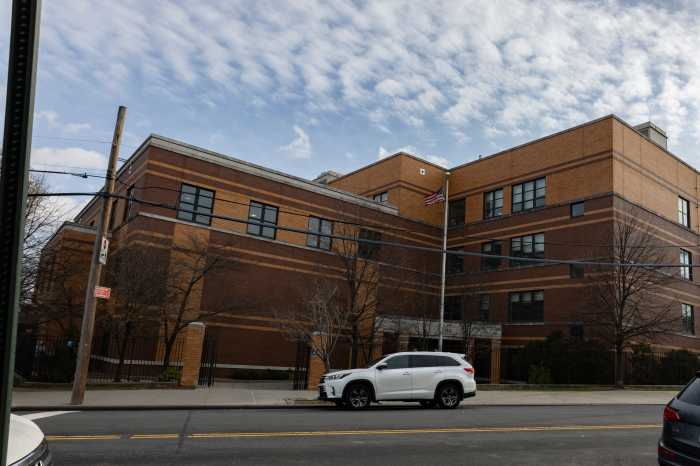Especially now, during this economic downturn, it is more important than ever to ensure that you have a complete estate and elder law plan in place. With assets dwindling, it is essential to protect whatever assets that remain in your portfolio. And in an economic climate that forecasts minimal inflation, or possibly deflation, long-term care costs continue to rise.
Within the last year, many homes have lost considerable value and stock portfolios have plummeted. If your finances have changed markedly since you signed your last will or trust, your documents must be reviewed again to see if appropriate changes should be made.
For example, what if the will you signed three years ago contained a bequest of $50,000 to the charity of your choice? Then, the $50,000 could have represented only 10 percent of your estate, but now, that same charitable bequest of $50,000 might represent 30 percent of your estate.
This could mean your children might get a much smaller percentage of your estate then you initially intended. However, if your will or estate plan divides your estate into percentages for each beneficiary, then changes in value won’t affect how your estate is distributed.
A change in value of assets could also affect your estate plan if you intended to treat your children equally by giving them assets of equal value. For example, suppose your will gives your house worth $500,000 to your daughter and your stock worth $500,000 to your son.
If the value of either the house or the stock portfolio increases or decreases significantly in value, your children will no longer receive equal gifts. It is also important to update your estate plan if the overall nature of your assets has changed. For example, if you sold the stock and bought real estate instead, this will affect the distributions to your children.
Another consideration in estate planning is incorporating the needs and circumstances of the beneficiaries into the equation. Is there a disabled child or grandchild? Do their needs require additional distributions or a “special needs trust”? Is one child independently wealthy and another with modest income? Should their distributions be equal? These are questions that should be addressed with your estate planning attorney.
In addition, it is important to reassess whether your estate will be subject to estate taxes. In 2009, estates subject to federal taxes had to be worth more than $3.5 million. In 2010, there is no federal estate tax. But, if congress does not act to change existing law, the federal estate tax exclusion will only be $1,000,000 in 2011. Therefore, it is important that your attorney build flexibility into your estate plan so that you will be prepared for any eventuality.
Ronald A. Fatoullah, Esq. is the principal of Ronald Fatoullah & Associates, a law firm that concentrates in elder law, estate planning, Medicaid planning, guardianships, estate administration, trusts and wills. The firm has offices in Forest Hills, Great Neck, Manhattan, Brooklyn, and Cedarhurst, NY. Fatoullah has been named a “fellow” of the National Academy of Elder Law Attorneys and is a former member of its Board of Directors. He also served on the Executive Committee of the Elder Law Section of the New York State Bar Association for over 15 years. Fatoullah has been certified as an Elder Law Attorney by the National Elder Law Foundation. Fatoullah is a co-founder of Senior Umbrella Network of Queens. This article was written with the assistance of Stacey Meshnick, Esq., who supervises the Medicaid Department at the firm. The firm can be reached by calling 718-261-1700, 516-466-4422, or toll free at 1-877-ELDER-LAW or 1-877-ESTATES.



































